Hemp is one of the most useful crops in the world.
The leaves, flowers and seeds of the plant are used extensively in the food and cosmetic industries.
But developer Wilden Group has found another use. The company used hemp to insulate a five-bedroom, 3.5-bathroom, net-zero-ready home in a master-planned community near Kelowna.
“Building with hemp insulation represents an exciting step forward in sustainable construction,” explains Wilden CEO Karin Eger-Blenk. “This home reflects our commitment to reducing the environmental impact not only when it comes to home operations, but also in selecting better materials.”
Wilden wanted to test the use of hemp as an insulation material because it lowers the carbon footprint of a structure.
“As a net-zero certified builder, Wilden continuously encounters the challenge of embodied carbon in the thick layers of insulation required to create a highly efficient building envelope,” says Eger-Blenk.
“Upon learning about hemp insulation, Wilden explored its potential as a replacement for rockwool or fibreglass in wall assemblies and ultimately decided to build a test home utilizing the material.”
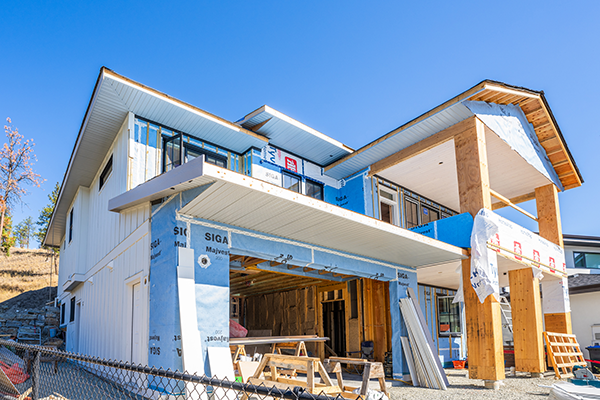
The home is a two-storey residence, with 2,430 square feet of living space. The structure includes a fully finished 847-square-foot, one-bedroom legal suite with a private entrance at the side of the house. The wood-frame structure features plenty of windows and a double-car garage.
The roof of the home is ready for solar panel installation. Airtight construction was achieved using a high-performance envelope and sealing. The home is pre-wired with rough-ins for electric vehicle charging.
The abode is built to B.C. Energy Step Code 5 and features a design reminiscent of a modern farmhouse.
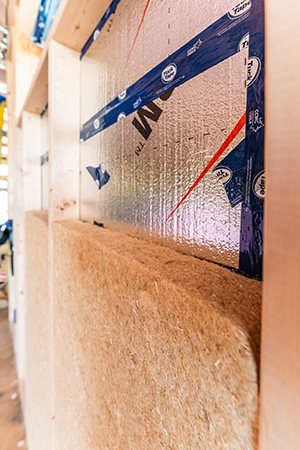
The home, at 278 Summer Wood Dr. in Wilden’s Echo Ridge neighbourhood, is situated at one of the trail heads leading up to Wilden Ridge. It is on the market for $1.75 million.
A high-performance, carbon-negative material, hemp boosts thermal efficiency, enhances soundproofing, and improves indoor air quality. Unlike traditional insulation, it is non-allergenic, low in VOCs, and free from synthetic toxins.
Hemp naturally absorbs and stores CO2, sequestering 1.5 to two times its weight in carbon during its rapid three-to-four-month growth cycle. By replacing fiberglass with hemp, the embodied carbon in the Kelowna home was reduced significantly.
However, the use of hemp for insulation posed some practical challenges, and there was a learning curve due to the unfamiliar properties of the hemp batts, notes Eger-Blenk.
Wilden meticulously planned each detail of the work with energy efficiency in mind. Trades involved in the project were brought into the loop early on to ensure goal-aligned collaboration from the outset.
“The material was difficult to cut precisely, which slowed the installation process and required added techniques,” says Eger-Blenk. “Hemp batts cannot be compressed or shrink-wrapped, making them bulkier to store and transport compared to conventional insulation.”
However, hemp insulation offers important advantages, she says, as it is non-toxic, non-abrasive which is appreciated by installers, and any installation waste is fully biodegradable.
Using hemp for insulation also improved indoor air quality due to its plant-based composition.
“Hemp insulation has a significantly lower carbon footprint compared to fibreglass, which requires energy-intensive manufacturing,” says Eger-Blenk. “Choosing hemp over fiberglass reduced the embodied carbon of the wall system by 3,200 kilograms of CO2 equivalent. Additionally, hemp absorbs carbon dioxide during growth and requires far less energy to process.”
The house has received widespread attention throughout B.C. for its pioneering approach. The concept of using crops as building materials has also sparked optimism for sustainable homes.
“Integrating hemp and other low-carbon materials opens new possibilities for reducing embodied carbon in construction,” says Eger-Blenk. “There are early indicators that a carbon code may soon emerge – requiring builders to calculate and limit embodied carbon before ground is broken.”
She believes hemp has the potential to become significantly more affordable than conventional insulation as demand grows, largely due to the minimal processing it requires.
For the Kelowna home, the hemp was about $3 more per square foot of wall compared to fibreglass. Using fibreglass would have been $10,000 cheaper.
However, Wilden is optimistic that broader industry adoption will strengthen supply chains and lower costs over time. Hemp thrives in the Canadian climate and grows rapidly. Hemp and fibreglass share the same R-value, but hemp outperforms in sustainability and health benefits.
In addition to the unique insulation, the home also features an HVAC system that combines an air-source heat pump with a compact gas furnace that activates when outdoor temperatures drop below -10C. The heat pump water heater is fully electric and highly efficient.
As for the future, in today’s tough housing market, Eger-Blenk says cost and affordability remain top of mind when building homes.
“Still,” she says, “Wilden is committed to incorporating hemp insulation in future builds, with the expectation that broader industry use will drive down costs.”


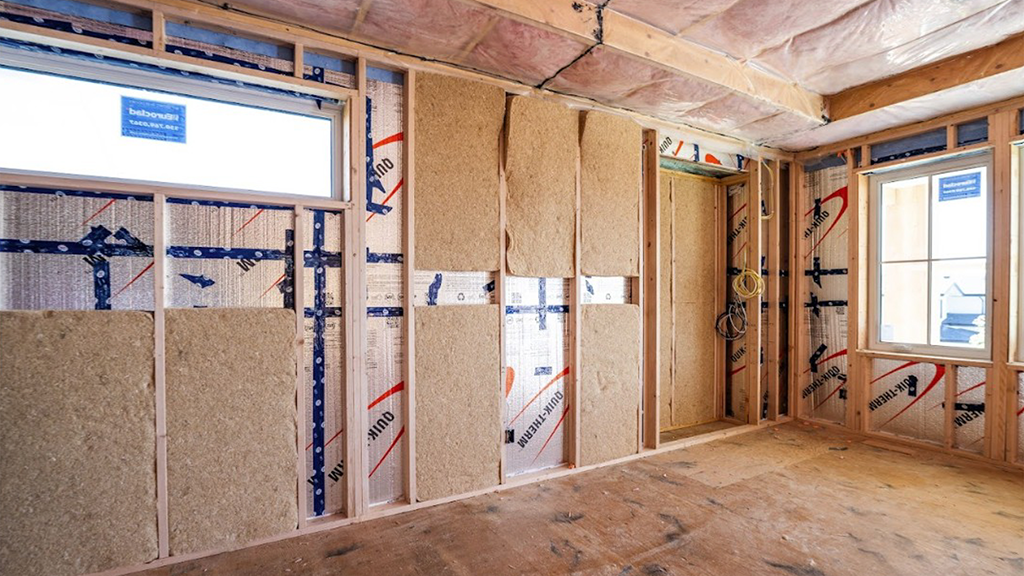

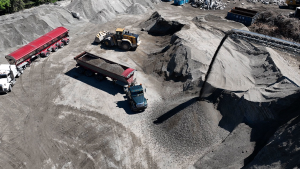
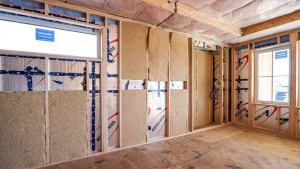



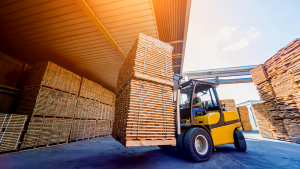

Recent Comments